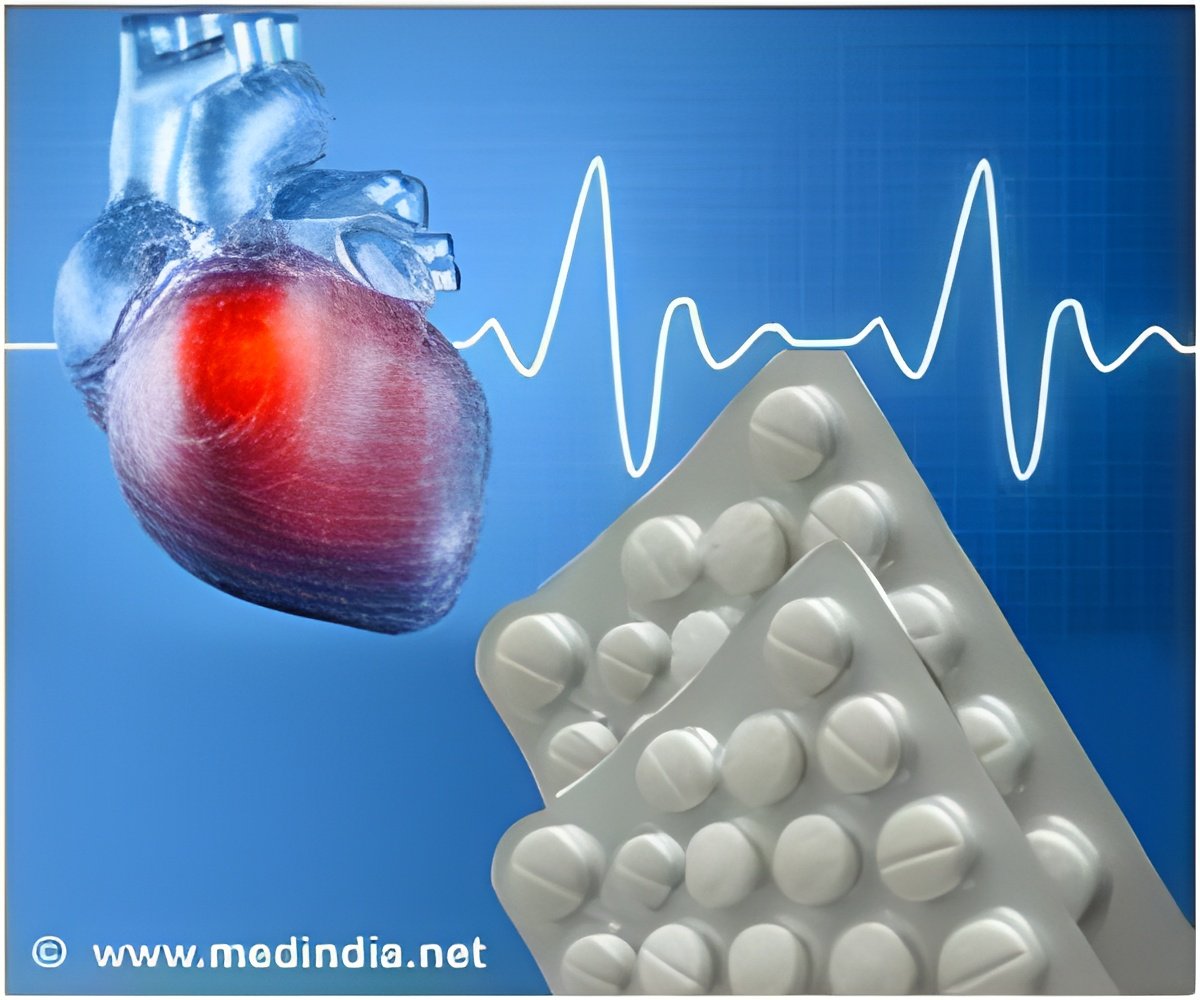A new study reveals that taking phosphate binding drugs does not improve cardiovascular health in patients with mild kidney disease.

Higher blood levels of phosphate, even in the normal range, are linked with an increased risk of dying from heart-related causes. This was first demonstrated in patients with chronic kidney disease (CKD) and subsequently in the general population. Researchers have suggested a number of possible explanations, including phosphate's ability to promote calcification and stiffening of blood vessels and its potential to cause structural changes in the heart, such as increased wall thickness.
To see if lowering phosphate levels in the blood may help lower cardiovascular risks, Charles Ferro, MBChB, MD, Colin Chue, MBChB (University Hospitals Birmingham NHS Foundation Trust and the University of Birmingham, in England), and their colleagues designed a double-blind, randomized, placebo-controlled trial of 120 patients with early stage CKD that tested the effects of the phosphate binder sevelamer carbonate, which is approved only for patients with kidney failure. The researchers looked to see if the drug might reduce heart muscle thickness and decrease markers of blood vessel stiffness after 40 weeks of treatment.
"We hoped that by asking a very motivated group of patients with early stage chronic kidney disease to take phosphate binders with every meal, we would be able to reduce the amount of phosphate absorbed from the diet," explained Dr. Ferro.
At the end of the study, the investigators found no differences in any of the measures of cardiovascular structure and function between the groups. However, only 56% of patients took more than 80% of the study medication. When the sub-group of patients with more than 80% compliance was analyzed separately, the group taking sevelamer excreted significantly smaller amounts of phosphate in their urine compared with those taking placebo. The sevelamer group also had reduced levels of a hormone called FGF-23, which is critical for maintaining phosphate balance but is also toxic to the cardiovascular system. No changes were noted in any of the measures of cardiovascular structure, though.
"It would appear that for now it would be better to lower the amount of phosphate in the diet rather than rely on pharmacological interventions," said Dr. Ferro. Foods with large amounts of added phosphate are processed meat, ham, sausages, canned fish, baked goods, cola drinks, and other soft drinks. "Fast food and ready-to-eat processed foods are the main contributors to today's rising dietary consumption of phosphate," Dr. Ferro noted. He suggested that a comprehensive public education effort that explains the harmful effects of high phosphate intake and provides clear labeling of the phosphate content of food could help limit the damage done by this newly recognized cardiovascular risk factor.
Advertisement
Advertisement















